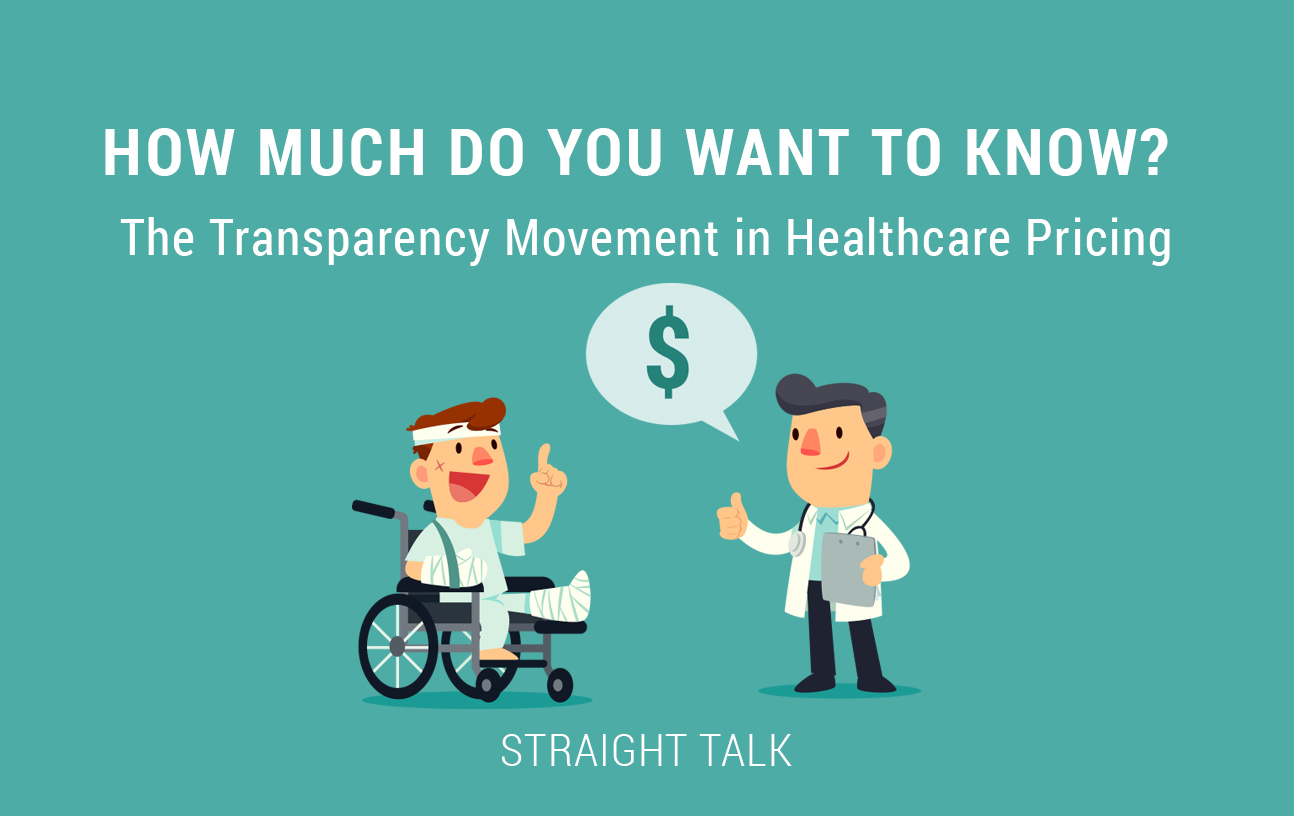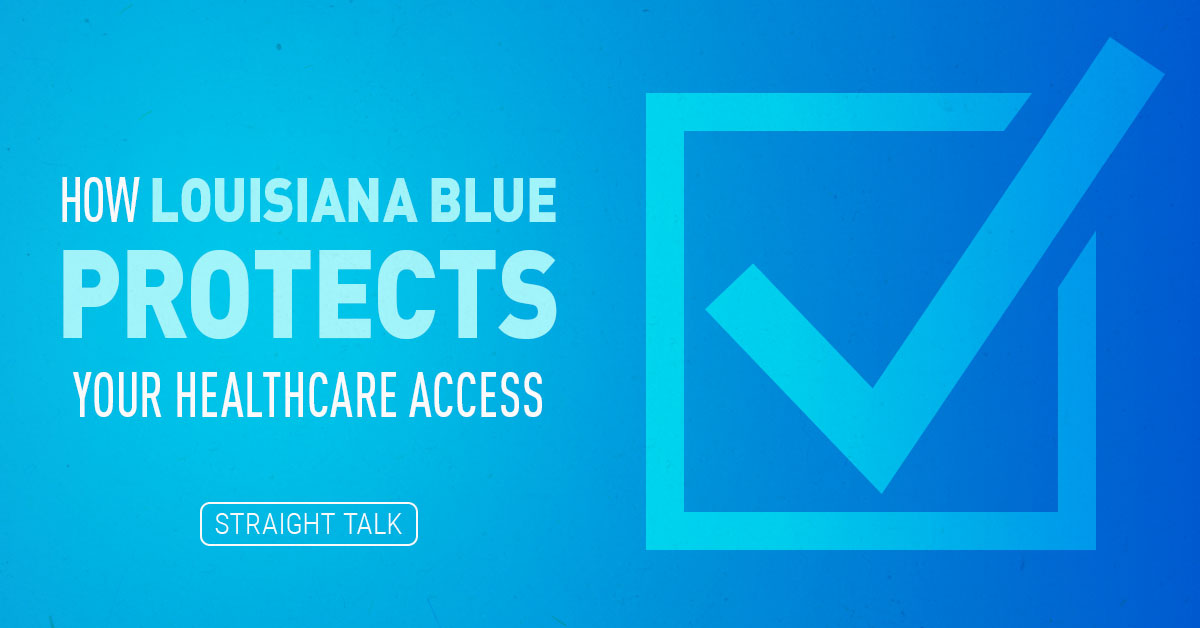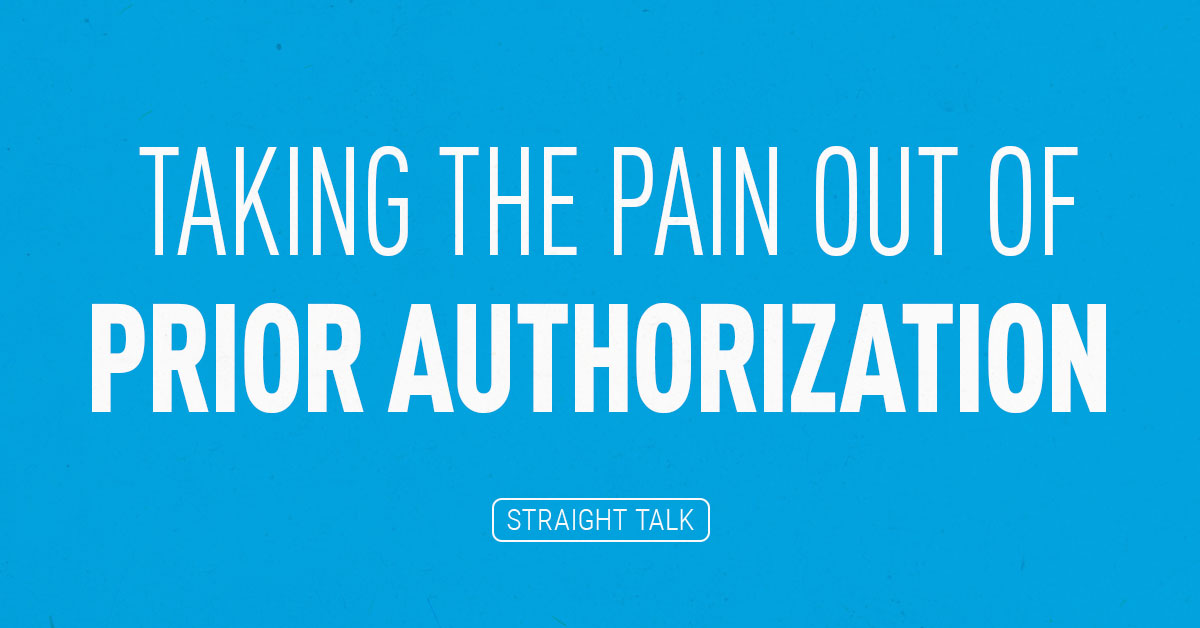Over the course of my nearly 60 year life, one thing about me has always been clear: I want more information. More. Better. Clearer.
Thankfully, I was blessed with my mom’s ability to read and absorb vast quantities of written material in a very short period of time. She even got one of her advanced degrees at age 57. Try living your life with a woman who has NEVER made a grade lower than ‘A’ in her entire life. Straight A’s from kindergarten through graduate school. That’s a standard to reach for!
Like her, I must have input. I constantly need more material, more content, more transparency about what’s going on in the fields I care about. I just need to know. Sometimes, I get way more than is good for me.
Is there such a thing as too much information?
In September 1983, right after I turned 22, I was diagnosed with malignant bone cancer. I met with an oncologist and an orthopedic surgeon about next steps in my treatment and what was likely to happen. I was alone; my parents hadn’t made it to the hospital yet. The orthopedic surgeon, a feisty Napoleon of a man with a walrus mustache, looked up at me and said “Well, you’re technically a full-grown man. I can tell you everything I know, or just what I think you NEED to know. Which would you prefer?”
“I want to know everything you know, as soon as you know it!” I blurted out. As I sit here now, 35 years later, I think he told me a ton of stuff I REALLY didn’t want to know. But, at least I didn’t get ambushed over the next year as I went through some pretty rough surgeries and treatments.
I know, of course, that not everyone wants information like me, and that’s probably a good thing. From my perspective, the balancing act becomes “how much do you WANT to know?” Today, this is something I think about in terms of healthcare spending and pricing.
Recently, in the interest of consumer transparency, the federal government published a new rule that requires hospitals to publish in a “machine-readable format” (that means via a web browser, in plain English) every billing code they can bill for, with the accompanying “chargemaster” pricing. In the healthcare world, “chargemaster” is like the “Manufacturer’s Suggested Retail Price” you might see on the sticker of the car you really want to buy.
Just like at the car dealership, almost nobody actually pays sticker price at the hospital, but it makes an advantageous starting point for negotiations. Hospitals, like car dealerships, have published prices that are far, far above their wholesale costs of doing business. They hope those figures will become ground zero for negotiating with the various insurance companies and other customers with which they do business.
The key here is: even though these hospitals’ prices are published, they are not particularly easy to read, nor are they an accurate measure of what YOU would really pay if you got those services at that hospital.
Mike, they went to the trouble to publish those prices, so why can’t I use them?
The answer is all about who is paying the bill for you. Almost all the people who will use services in a hospital will fall into one of three buckets when it comes time to pay the bill:
- Medicaid patients—hospitals cannot negotiate with Medicaid. Medicaid publishes a payment schedule, and the hospital must take it (if it has an emergency room). Medicaid payments are very, very low. In fact, if every patient was on Medicaid, you’d lose an awful lot of hospitals and healthcare would look very, very different than it does today. Medicaid payments may only be 25% of a hospital’s published chargemaster prices.
- Medicare patients—Medicare is usually the payer for seniors and folks on permanent disability. Just like Medicaid, Medicare does NOT negotiate with hospitals, but as a fully federally funded program, it has deeper pockets and pays hospitals significantly more than Medicaid does — perhaps 50% of published prices. Around 15% of hospitals in the U.S. are efficient enough to not lose money on Medicare patients. The rest struggle to break even.
- Privately Insured—More than 170 million of us have private insurance, either individually or through our jobs. Our insurance plans negotiate rates with hospitals because network participation for a hospital is VOLUNTARY. No hospital is required to join any network, so when an insurance company’s customers really, really want a particular hospital in their network, that carrier will do everything they can to make that happen. If they don’t get a great deal in the process, then premiums will be higher. Remember, hospital care is typically 35% of your premiums and always the largest expense for insurance companies.
If you have chosen to go without insurance and you are paying cash, the chargemaster pricing is probably where your negotiations will begin with the hospital. They will definitely send you a bill quoting those very high prices.
Neither Medicaid, Medicare nor private insurance companies pay the chargemaster pricing you might see on a hospital website today. That limits how useful those prices are. Also, it helps to remember that most hospital patients come through the emergency room, meaning the patient is not really planning a stay, nor do the patients have the opportunity to “shop around” before they get there. This also limits the usefulness of the published data.
Mike, are you saying it was all a waste of time?
Absolutely not. The road to transparent healthcare pricing will be a long one, with many different stakeholders competing to gain some sort of advantage. It doesn’t look like any hospitals or other facilities want to voluntarily offer this information. The doctors, nurses and other providers you see in the hospital may not even know what your bill might be. That is usually handled by the hospital’s accounting department.
Meanwhile, insurance companies work VERY hard to get the best network discounts they can for their members, so they are not anxious to publish those discounts for their competitors to see. All of these things conspire to make transparency difficult, but that doesn’t mean it’s not a goal worth striving for.
Mike, are there any parts of the healthcare system where we can price shop now?
Great point.
Blue Cross and Blue Shield of Louisiana members have a powerful tool at their disposal called SmartShopper. It lists hundreds of different tests, immunizations and procedures that you can get within the Blue Cross networks. SmartShopper tells you the average prices at every facility in your network.
For example, you’ve read about my recent cataract surgery: I used SmartShopper to decide where to have those procedures done, and saved around $1,000 with my choices. Plus, some very enlightened companies are actually giving their employees bonus money when they make a less-expensive choice about where to go for care using SmartShopper! I got ANOTHER $75 per eye thanks to our program! That’s the kind of transparency that works for everyone, and, here at Blue Cross, being transparent with our customers about pricing is very important to us.
Another money-saver we offer is an app called Rx Savings Solutions (RxSS). This one is automatic. I installed it on my phone and forgot it was there! Then, one day, I filled our normal household prescriptions (about eight of them total) and got a text that showed me I could have saved around $100 (per month) if I had used a different pharmacy. And, it’s one I pass anyway, on my way home. You can guess what I did next! That’s the kind of transparency that works.
I’m always encouraged that the federal government will keep trying to make the healthcare market more transparent for our members, but frankly, we’re not going to wait around for them. If we can figure out a way to give you the right information, in the right format, at the right time, we are certainly going to keep doing that. Meanwhile, SmartShopper and RxSS are great tools available to you right now! I encourage you to use them.
Straight Talk on Transparency! Can you dig it?





Your first sentence of the article is missing a word or something. It reads, “Over the course of my nearly 60 year life, one thing about me has always clear:”
I wanted to point it out because I like irony.
You like clarity. I like irony. Would you just look at that!?
Thanks so much for catching that! My editors were apparently over-editing that day and missed it!
Great catch!…mrb